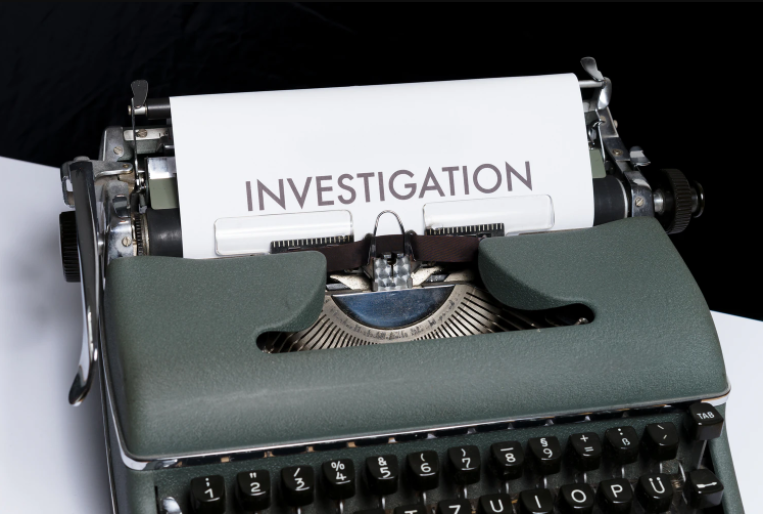A civil investigative demand (CID) is a demand tool used mainly by federal agencies to gather information regarding civil charges. Civil inquiries against you may be daunting while receiving a CID can be a stressful and worrying time, as you may panic about what to do next. Despite being civil by nature, CIDs can often lead to criminal charges. Therefore, it is very important that on receipt of a CID, you follow the below advice.
What is a CID?
Effectively, a CID is a form of a subpoena. It is administrative in nature and is not subject to court approval. Any federal organization given the power to issue a CID can do so at their own discretion, without any need for the courts’ involvement.
In fact, if you do not comply with a CID instruction, the courts can get involved. So, although these agencies do not need a federal judge to begin CID proceedings, they can ask for a federal judge’s help in enforcing one. If a CID is issued against you, you have no option but to begin proceedings. Failure to comply can result in criminal charges.Â
Who Can Issue Them and Why?
As mentioned, only a handful of federal agencies can issue CIDs. These agencies, including the US Department of Justice, the Federal Trade Commission, and the Consumer Finance Protection Bureau have been given the power to issue CIDs by congress. You should always be able to recognize the bureau that has issued you with a CID. They should have clearly stated their department and position on any paperwork sent to you so that you are aware of the validity of the CID.
Why are they issued? Well, a variety of reasons fall within each bureau’s investigative realm. If you are worried about receiving a CID, we recommended you read more about them before taking any of the next steps. But, you may not be in the direct firing line. CIDs are issued to witnesses and suspects alike, to build a picture of an investigation. You may be the witness they need information from rather than the target. Either way, you must comply.
Steps to Follow:
So, whether you think you’re under investigation or not, you need to follow a few key steps to ensure you comply and protect yourself during a CID investigation. The most important aspect of a CID response is laid out below:
1. Preserve Data With Legal Hold
Upon receipt of a CID, you need to establish a legal hold. This means protecting any data or evidence that could be used as part of the CID investigation. Failure to do so could result in serious allegations of tampering with or destroying evidence – even if you are just a witness in this investigation. Do not delete, shred, or otherwise damage any information that could be relevant to the CID.
Typically, a CID is all about the documents and paperwork relevant to the case. In most cases, it will involve a lot of paperwork, more than you might expect! So be prepared to start sorting through all of this evidence, while making sure it is all preserved.
2. Seek Advice
At this point, the best thing you can do is find a specialist CID attorney to help guide you through the rest of the process. There is no room for error with a CID, so you can’t afford to make any mistakes. You will be able to find a good lawyer with CID experience online or in your local area. They will likely charge a retainer fee but will help you make sure no stone is left unturned.
3. Meet and Confer
With your legal team, it is now likely time to meet with the issuing agency to discuss matters. In some CID requests, you will be required to do this, in others, you may simply opt to. This is often a good point to have an open conversation about why you are being investigated or how you can help an investigation. You will also be able to clarify exactly how much information the investigators require from you.
4. Begin Response Efforts
Now that it’s clear what the investigation requires. You and your legal team can sit down to begin your response efforts. You should start to work out how to gather all of the necessary information, identifying any documents that may be privileged. Any privileged information should be kept aside, as it is not subject to disclosure.
5. Discuss Grounds to Quash
You may also want to discuss with your lawyer any grounds you may have to quash or challenge your CID. Your legal team may be able to identify reasons that your CID is unfair, unrelated to you, or otherwise invalid or impossible to complete. Often this revolves around the scope of the CID being unfairly wide or harsh. This can lead to renegotiation of a CID’s terms or even a decision to file against your CID.
6. File Against CID
In these rare scenarios, you may be able to file to quash your CID. Your legal team will advise you on this as it is very uncommon, but, if they feel there are grounds to do so then they should. However, it is important to continue working on your response to your investigation response, as failure to do so could still result in charges – especially if your motion to quash fails.
7. Prepare Your Final Response
Assuming that you must continue with your CID – which it is always safest to do – you should finish collecting and reviewing all the documents to finalize your response. Submit all the relevant paperwork to the investigating body and they will review it. You may not hear from them again, depending on the outcome, but your lawyer can find out the status of the investigation on your behalf.
Dealing with a civil investigative demand efficiently and properly is an important matter. The problem is, not many people have heard of them or dealt with them before. But, if you follow the steps written here, you will be able to navigate the investigation easily.
























